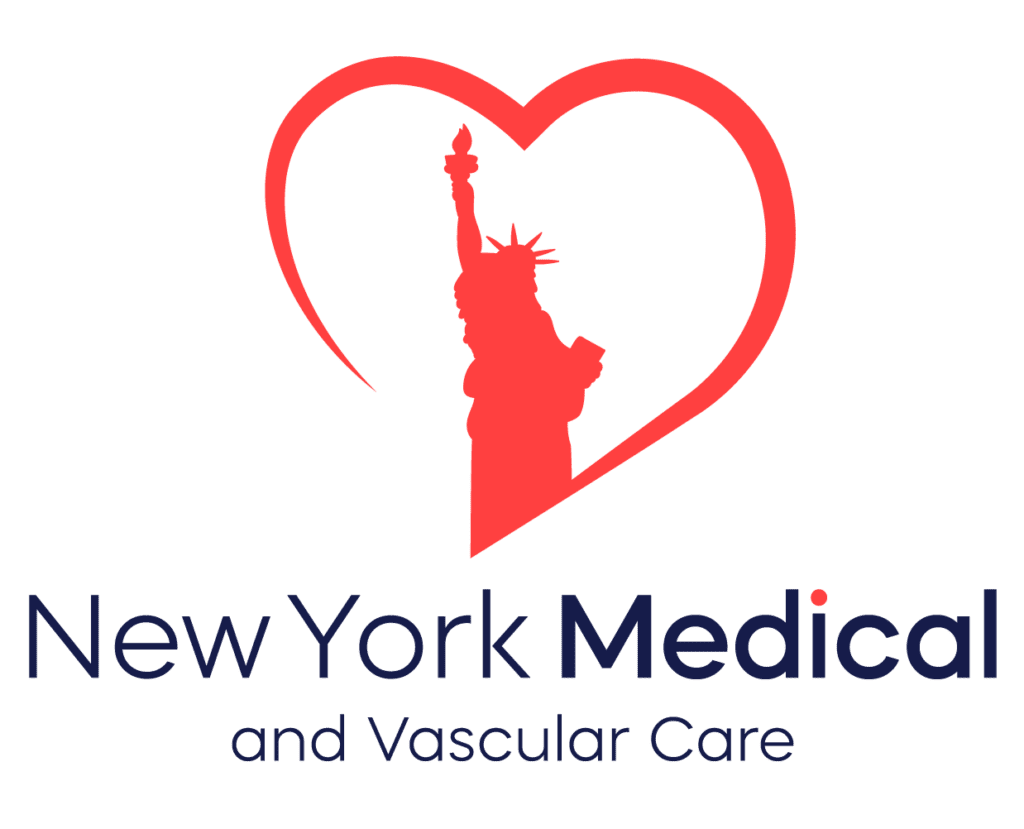Introduction
Heart disease remains the leading cause of death across New York City’s boroughs, yet early detection and aggressive prevention can slash that risk dramatically. At NYMVCare, serving Brooklyn, Queens, and Greater NYC, our cardiology team is harnessing artificial intelligence (AI) to predict who will develop serious heart problems—often years before symptoms appear. By analyzing thousands of data points per patient, AI allows us to turn “one-size-fits-all” cardiology into hyper-personalized heart care. Below, you’ll learn how these cutting-edge tools work, why they matter for New Yorkers of every background, and how you can benefit today.
1. What “AI in Cardiology” Really Means
Forget sci-fi robots: in medicine, AI is a family of mathematical models—especially machine-learning algorithms—trained on vast datasets of electronic health records, imaging, and genetic profiles. When we feed the model anonymized data from tens of thousands of Brooklyn and Queens residents, it “learns” subtle patterns that often escape even seasoned cardiologists.
- Risk-stratification engines rank patients by their likelihood of heart attacks, heart-failure admissions, or arrhythmias within defined time windows.
- Predictive ECG analysis flags microscopic changes in electrical conduction that precede atrial fibrillation or cardiomyopathy.
- Automated imaging tools quantify plaque burden on CT angiograms and identify dangerous “vulnerable plaques” more accurately than manual reads.
Because the algorithm constantly retrains on new outcomes, it improves over time—giving NYMVCare clinicians ever sharper foresight.
2. How AI Transforms Everyday Patient Visits
A. Personalized Prevention Plans
Imagine two 50-year-old patients living in Sheepshead Bay. Both have mildly elevated LDL cholesterol and borderline blood pressure. Traditional risk calculators might treat them identically. NYMVCare’s AI platform, however, factors in ethnicity-specific genetic markers, neighborhood stress scores, smartwatch activity levels, and even pharmacy refill patterns. One patient may leave with lifestyle advice and annual follow-up; the other may start a statin plus wearable BP monitoring immediately—before plaque silently narrows a coronary artery.
B. Early Warning Alerts
Our cloud-based model syncs with in-house EHR dashboards. If your lab work shows a creeping high-sensitivity troponin rise, or your smartwatch uploads an irregular heartbeat overnight, the algorithm flags a “yellow alert.” A NYMVCare cardiology nurse calls you within 24 hours, often booking same-week echocardiography. Catching problems early prevents ER visits—and puts patients in control rather than at the mercy of a 2 a.m. chest-pain scare.
C. Smarter Follow-Ups
Instead of the old “see you in six months” routine, AI sets follow-up intervals based on real-time risk shifts. If your model score drops after three months of disciplined diet and exercise, we may space visits farther apart, saving you time and co-pays. Conversely, a sudden uptick triggers proactive medication tweaks. Care becomes dynamic, just like your life.
3. Inside the Technology: From Data to Diagnosis
- Data ingestion: We pull anonymized EHR records (lab values, vitals, medications), imaging pixel data, genomic SNPs when available, and patient-reported outcomes from our secure portal.
- Feature engineering: Domain-specific variables—e.g., “night-time systolic average” from home BP cuffs—are calculated.
- Model selection: Gradient-boosting machines excel at tabular EHR data; deep neural networks shine on imaging.
- Validation: Every update is stress-tested on a hold-out set from our Brooklyn cohort to guard against bias.
- Clinical integration: Results appear as color-coded risk gauges inside NYMVCare’s EPIC dashboard, never replacing human judgment but augmenting decision-making.
4. Real-World Results in Brooklyn & Queens
Since launching the platform in mid-2024:
- Time to statin initiation for high-risk but asymptomatic patients fell by 28 %.
- Unplanned cardiac admissions from our Avenue P practice dropped 15 % in nine months.
- Patient satisfaction scores climbed to 4.9/5, with many citing “high-tech personalized care.”
Consider Maria G., a 42-year-old teacher from Astoria. Her algorithm score flagged unexpected coronary risk despite normal cholesterol. A CT angiogram confirmed early calcified plaque; lifestyle coaching plus low-dose statin allowed her to reverse progression within a year—avoiding what might have been a first heart attack at 50.
5. Addressing Privacy & Bias
NYMVCare follows strict HIPAA protocols: data are encrypted end-to-end, de-identified during model training, and never sold. We also audit for algorithmic bias quarterly. For instance, early iterations under-predicted risk in Caribbean-American men; retraining with more local data corrected that gap. Transparency plus community-specific datasets keep the tool fair—and effective—for every neighborhood we serve.
6. How You Can Benefit
- Schedule an AI-driven cardiac risk assessment. A 30-minute visit includes baseline bloodwork, ECG upload, and wearable sync (if you use Apple Watch or Fitbit).
- Bring old records. Feeding historical data sharpens model predictions.
- Ask about the Remote BP & Rhythm Package. Continuous data streams upgrade accuracy exponentially.
- Share family history. Even anecdotal details like “Dad had bypass at 55” adjust your risk graph.
7. Frequently Asked Questions
Q: Does AI replace my cardiologist?
A: No. It’s a decision-support tool. Think of it as a GPS—your doctor still drives.
Q: I don’t use wearables. Can I still benefit?
A: Absolutely. Traditional labs and clinic vitals power the core model. Devices simply add color.
Q: What’s the cost?
A: Most risk assessments fall under standard evaluation codes; remote monitoring may be covered by Medicare or Aetna pilot programs. Our billing team pre-checks benefits.
8. Future Directions at NYMVCare
- Genome-integrated models: By 2026, we’ll include polygenic risk scores for even finer prediction.
- Multimodal imaging AI: Merging coronary CT, carotid ultrasound, and retinal micro-vessel photos will reveal systemic vascular health in one unified score.
- Collaborative research: NYMVCare is joining an NYU-led consortium to study AI/ML’s impact on minority heart-disease outcomes city-wide.
Conclusion
Artificial intelligence isn’t a distant promise; it’s already reshaping heart care for Brooklyn and Queens residents today. By predicting disease progression early and tailoring interventions to each patient’s unique risk profile, NYMVCare helps you stay steps ahead of heart trouble—so you can keep up with life in the city that never sleeps. Ready to know your real heart-health future? Book your AI cardiac risk assessment at NYMVCare now and turn insight into action.


